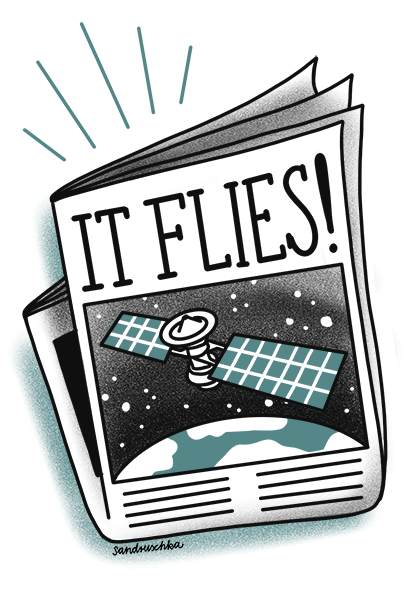This thing can fly?

This mistake significantly accelerated the race.
The Western world was surprised when the Soviet Union launched the first artificial Earth satellite into orbit on October 4, 1957. This event is historically referred to as the "Sputnik shock." The CIA, the foreign intelligence agency of the United States, had assumed that achieving this feat would require a rocket with a thrust exceeding 1000 tons to reach orbit, which was considered unrealistic at the time. These estimates were based on their own projects. However, three years prior, the CIA had learned that the USSR was developing rockets with approximately 677 tons of thrust as part of the "Operation Dragon Return" project. The CIA chose to ignore this information. Nonetheless, the Sputnik shock had the immediate consequence of significantly intensifying the United States' efforts in the "space race," leading to the establishment of NASA.
